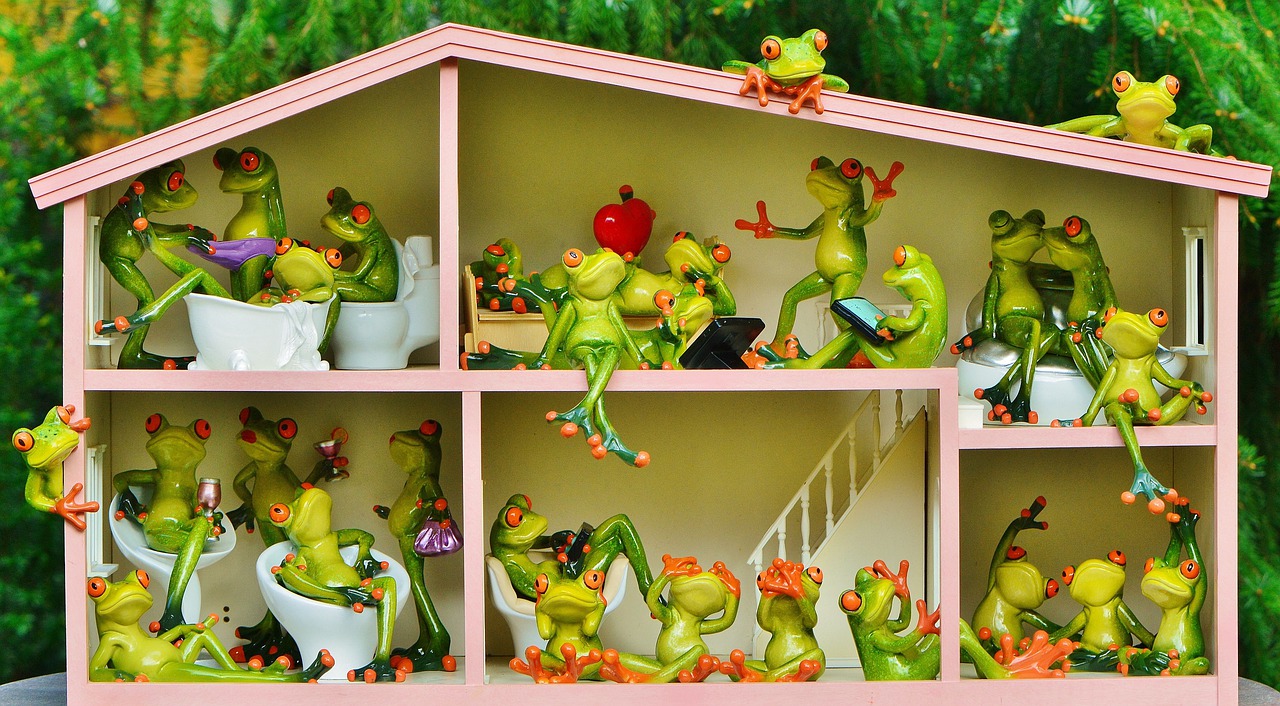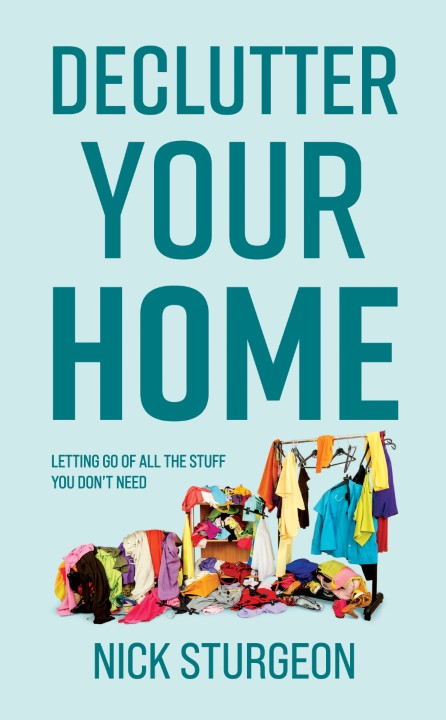What do you do with the space and how do you use the rooms in your home? Are you living with clutter, or do you have just enough in each of the spaces that you live within? How well are you using your space at home?
For us the crunch point came when we looked at what we were paying to live in the house versus what pleasure we got from the amount we were paying. It seemed like most of what we paid for rent, light, heating was actually paying for the 60% or more of the possessions we had with us but which we never used. This started us off on a path to finding a new house with the same number of rooms but less space, a better garden outside and the shedding of our possessions in order to make the move to the new home that was a better match to our plans. We could buy a home for less than we had been paying in rent, and provided we worked out a plan to let go of some of our clutter, could be comfortable and enjoy life in the new place at a lesser cost than before.
The 'Tiny Home' movement has triggered great interest for the idea that you can live in a space which is enjoyable because it is so functional, forcing you to look at what space is necessary to enjoy a fulfilling home life. Log onto any channel and search for shows that illustrate how someone has created a fixed tiny home or a mobile and towable tiny home built and deigned to their own personal perspective on what constitutes good living on a defined budget and within set guidelines for usage of space. In one show I found an architect who designs tiny homes for his clients. He personally chooses to live in an live in an off grid trailer unit that can be towed by a vehicle to an alternative site when he chooses. It has a double bed, kitchen, fold down dining table, wifi, solar panels on the roof, a shower room and toilet, shelves for his favourite books. It has good headroom and eaves storage. He can hook up the tiny home and move it across the city or he can take it across the country. He has his home in one space that gives him the essentials of what he needs to live well.
A tiny home may not be what you need, but understanding the idea that you are free to live where you want with what you choose, this is liberating and will encourage you to find new solutions to the space you live with. The family homes we buy and rent these days are significantly larger than the same family focussed houses that were being built and sold forty or more years ago. We are demanding more space and more facilities in buildings that we make proportionately less use of than our parents and grandparents.
Garages are used primarily for storage of clutter rather than for the storage of a vehicle. Rarely are they spaces where we keep our workshop and tool collection. Instead we use such skills less and pay other people to do the repair work for us. The lack of knowledge over how to maintain a house comes at a financial cost. There has been a vast growth in self-store facilities where people pay to have someone else to store their sealed boxes. Often times there is a correlation between people deciding to stop paying for long-term storage and their realisation upon collecting the boxes of items, that the things they have stored were not worth the money spent for that same storage hire.
The mortgage industry and the real estate industry work closely to continue their lending and construction. Rather than buy the home space we need and which is enough for us, the mortgage process is focussed on "How much can I borrow, and what can I get for the deposit monies I have raised?" The construction company or home developer wants to sell you the largest feasible unit, which serves to lift the profit per property that they offer to the market. This is a far cry from the common sense approach that says "What space will suit us to live comfortably and without financial burden or pressure?" The second way of looking at buying a home still allows us to pay down the loan as fast as possible in order to be without debt in those later years when our earning ability is reduced.
It is better and less stressful to lead a life where you can rely on far less money because that money will go so much further when spent on items that are durable, and which of course you love and appreciate. When your cost of living drops but you maintain or enhance that standard of living, you are in a good place. Decluttering and realising what you no longer need is a part of the process of becoming free and gaining greater happiness and contentment with your life.

